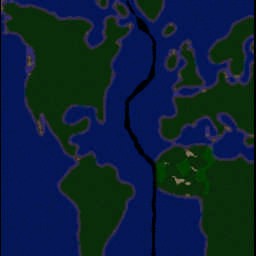

(Operation of Barbaressa (1941 = Attack on Yugoslavia and Greece Russia countered attack on Moscow with Scorched Earth Policy). Battle of Stalingrad – Germany vs USSR.Battle of Britain – Germany vs Britain (air battle German Air force =Luftwaffe).Germany conquered – Poland, Norway, Denmark, Belgium, Holland and France.


New countries like Poland, Czechoslovakia and Austria were formed after the First World War.While West was fighting communism, Germany and Italy started massive militarization.Mussolini (Italy) and Hitler (Germany) strongly glorified war and violence.The Two Groups: Allies vs Axis PowersĬauses of Second World War(1939-1945) (1) Humiliation by the Treaty of Versailles We shall see the causes and consequences of the Second World War (WWII) in this post. The first world war itself sowed the seeds for Second World War, primarily because of the humiliating Treaty of Versailles. The chapters have been drawn from a select number of Brill publications that have been published in the last 15 years.īrill’s Digital Library of World War I is a unique digital library that will allow researchers to discover new perspectives and connections with the enhanced navigational tools provided.We have seen the causes and consequences of the First World War in the last post. The 250 articles address not only the key issues from political, historical and cultural perspectives, but also engages with aspects of the war which have remained underexplored such as the neutrals, the role of women before, during and after the war, and memory. This collection includes Brill’s Encyclopedia of the First World War, an unrivalled reference work that showcases the knowledge of experts from 15 countries and offers 26 additional essays on the major belligerents, wartime society and culture, diplomatic and military events, and the historiography of the Great War. Brill’s Digital Library of World War I is an online resource that contains over 700 encyclopedia entries plus 250 peer-reviewed articles of transnational and global historical perspectives on significant topics of World War I.


 0 kommentar(er)
0 kommentar(er)
